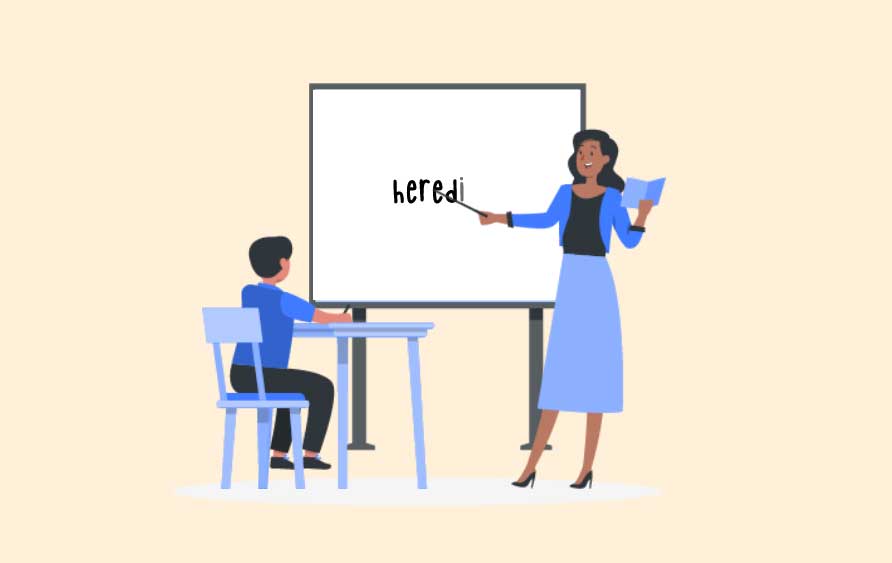The evidence is clear; teachers can significantly improve student learning and the quality of teaching in their classrooms by improving the quality of their feedback practices. Although, the reported difference varies across the research, it is overwhelming in acknowledgement of improved student achievement. Hattie and Timperley (2007) determined that effective feedback can almost double the average student growth over an academic year. Wiliam (2010) observed that studies on feedback report an increase in the rate of learning by an additional 6 months or more over a year. Evidence for Learning’s Teaching and Learning Toolkit states that, “students in a class where high quality feedback is provided can be expected to make, on average, eight months more progress over the course of a year compared to another class of students who are performing at the same level at the start of the year.”
However, not all feedback has the same impact. Feedback on how student’s monitor, direct and self-regulate their learning is the most powerful, closely followed by feedback on learning processes.
When providing feedback for students, it is important to
- draw attention to the positive elements of the performance rather than focus solely on where students have gone wrong
- include constructive criticism: advice that provokes the student to improve task performance
- refer to changes in performance from previous efforts
- include an element of self-assessment by students (including peer assessment). This will help foster autonomy and self-direction
Edudicio’s innovative curriculum platform provides teachers with easy to use, time efficient tools that provide timely, effective feedback to students to move their learning forward. Contact us today if you would like to learn more.
Impactful professional learning
Sadly, most of us have been there. A precious day or two off class to attend a professional development course that was a complete waste of time! Ineffective, often featuring external experts providing limited instruction on skills, with little account taken for the contextual nature of your work and failing
Engaging Learning
We all know the importance of engaging students in their learning. Students who are engaged demonstrate increased focus and attention and are motivated to practice higher level critical thinking skills and deepen their learning.
Skills for the Future of Work
It is our responsibility to prepare students for a world that is ever-evolving; a VUCA world, where volatility, uncertainty, complexity and ambiguity are the order of the day. A world where 65% of our primary school children will hold jobs that don’t yet even exist.




